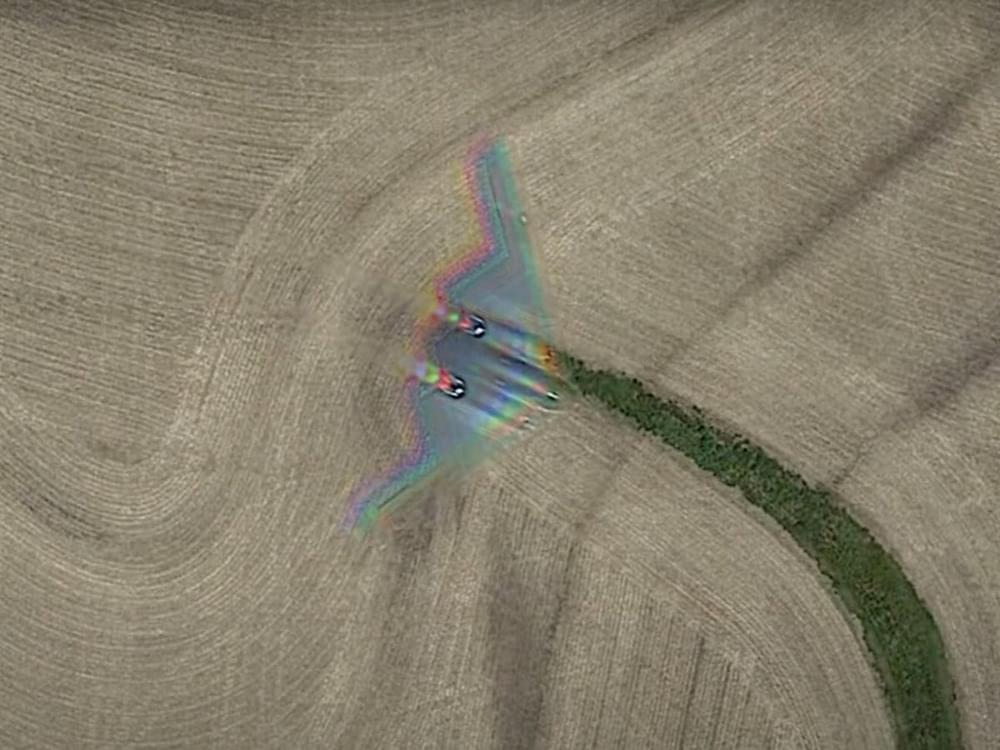
Reducing its carbon emissions by 80% compared to conventional designs.
Ascendance Flight Technologies, based in Toulouse, France, has unveiled the striking design of its new hybrid-electric VTOL aircraft, ATEA, according to a press release.
The ATEA is a five-seat hybrid-electric aircraft that can perform vertical takeoff and landing (VTOL). The concept stands out from the rest since it has a tandem wing configuration with rotors incorporated into them, giving it a strikingly unusual appearance.
The concept is the result of three years of research and development, and it’s called the “tomorrow’s aircraft” since it reflects the company’s goal of assisting in the decarbonization of aviation: The aircraft aims to reduce carbon emissions by 80 percent compared to traditional helicopter designs.
The French-designed Ascendance AETA uses hybrid propulsion, with electric for vertical take off and landing, and diesel for forward flight.









